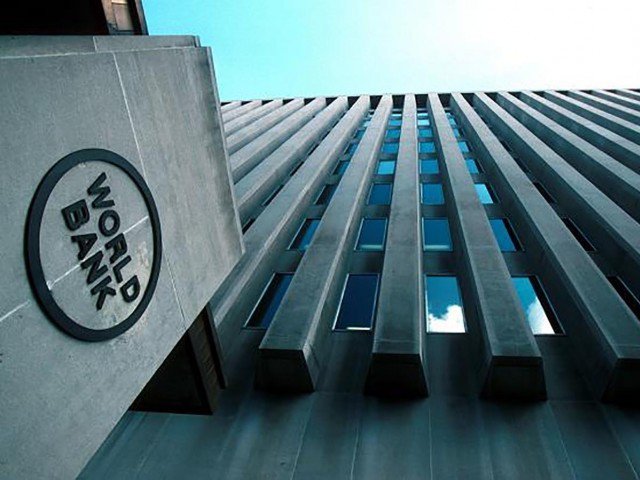LAHORE: World Bank’s special task implementation mission is scheduled to visit Pakistan by last week of this month with agenda of reviewing the stalled progress of the Rs4.0305 billion Indus River Basin improvement and management programme, highly placed sources confirmed.
The main purpose of the mission is to (a) review the scope of key specific activities proposed under different components and the procurement status (b) agreement of status on time-bound actions for improving implementation progress and disbursements (c) provide a strategic overview of the project history, design, and status for the incoming Bank TTL, (d) assess the status of PMPIU staffing and project governance. However, sources said that none of these progress indicators are up to mark.
The latest documents available with Pakistan Today indicate that implementation progress has been sluggish since the programme started in 2004 and disbursements remain correspondently low. A couple of steps has been taken during the last six months to prepare for accelerated implementation mainly an appointment of a new part-time project director, and the consideration and endorsement by the Project Steering Committee of significant and strategic revision to the project scope.
Importantly, however, a hold up in appointing a full-time team leader to drive the project appointed in January this year, and difficulties in finalising the project procurement plan have delayed implementation.
Sources said that the government committed for reaching key issues and decisions reached include program managing staffing, which has been an extended delay in the appointment of a full-time project team leader that almost halted the programme implementation. The last mission was assured that an appointment will be made in March 2017. The new TL would assess the adequacy and performance of the current staffing and develop a staffing plan that identifies which vacant or new positions needed to be filled to accelerate implementation. The programme management was to seek bank concurrence on the staffing plan by the end of April 2017.
Talking about programme governance, sources told that to improve strategic alignment between the project and ministry of water policy directions, the ministry found it hard to consider where institutionally it was best to locate the project director.
About financial management, documents say that assets safeguarding and petty cash management should have to be strengthened including via a pre-audit function. Disbursements need to increase significantly in the next six months.
Pointing programme activities, documents mention that activities for which detailed proposals have been developed were agreed that some activities should be implemented as designed or with minor modifications, while a number of activities should have to be reconsidered to ensure their strategic relevance for improving the water resources planning and management capacity, and to align with the key principles and areas of effort laid out in the soon-to-be-approved National Water Policy.
Documents mention that provincial research laboratory and capability proposals lack clear justifications in the project context. The Bank Co-TTL should accompany the A/G or new TL to visit provincial research laboratories to jointly assess the project relevance of the provincial proposals to prior to finalisation for Bank NOL.
About IRSA, documents say that the ToR for some activities needed a final review by the Bank team prior to NOL/procurement. The “establishment of international centre on water issues” activity should have to be redesigned as a hub to drive implementation of the new (yet to be approved) National Water Policy in partnership with the provinces. The activity should have to establish “twinning” arrangements with international centres of excellence and national academic institutions. A proposal for this should have been developed and was to be shared with the Bank, which was simply nonexistent.
Documents say that WAPDA was responsible for the flow forecasting proposal should separate short-term forecasting work from seasonal forecasting work, and exclude consideration of climate change. The IOMS proposal should be significantly revised as the standard office management functions are outside the project scope. The proposed “data acquisition system” was to be revised as a strategic proposal for a national water information system that encompasses the proposed updating of the national water resources inventory and drainage atlas. ‘’This is a large and long-term challenge, and the first step should be a scoping of near-term options in the context of longer-term roadmap’’, the documents added. ToR was to be drafted for a scoping study that (i) identifies/audits relevant primary data considering the extent, quality, format, custodianship etc., and (ii) consults with key stakeholders to assess and document needs/uses for water data and information.
Sources told that the proposal from federally administered Gilgit-Baltistan was a departure from the previously agreed development of an integrated master plan for the development of hydropower resources. Gilgit-Baltistan should have to consider the alternatives discussed during the mission and agree with PMPIU on a preferred option prior to seeking Bank NOL, they added.
























